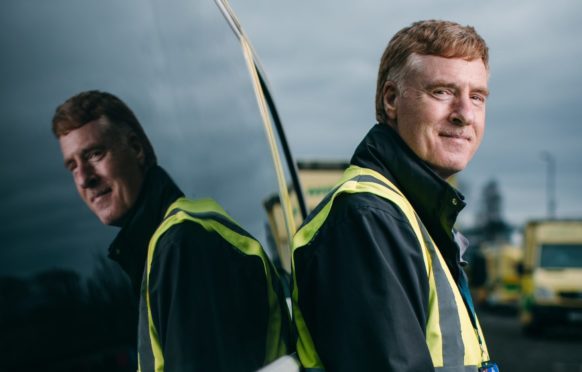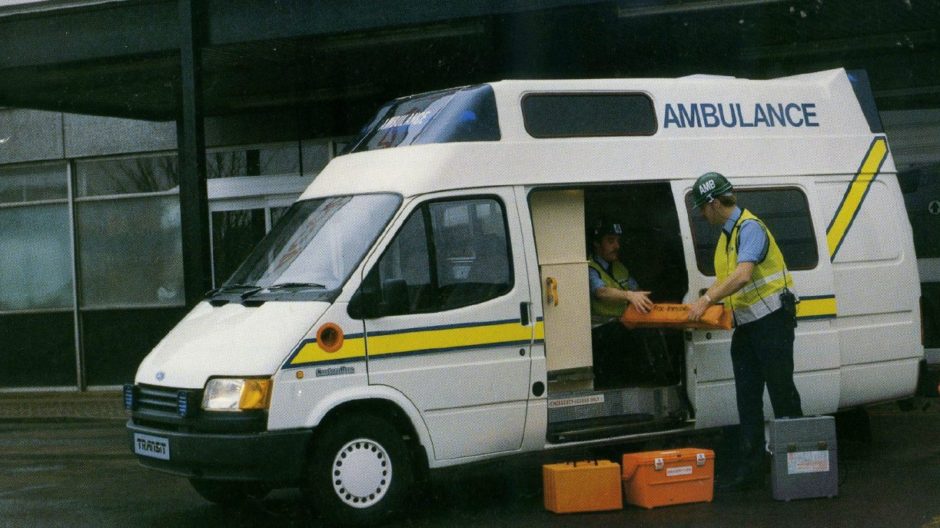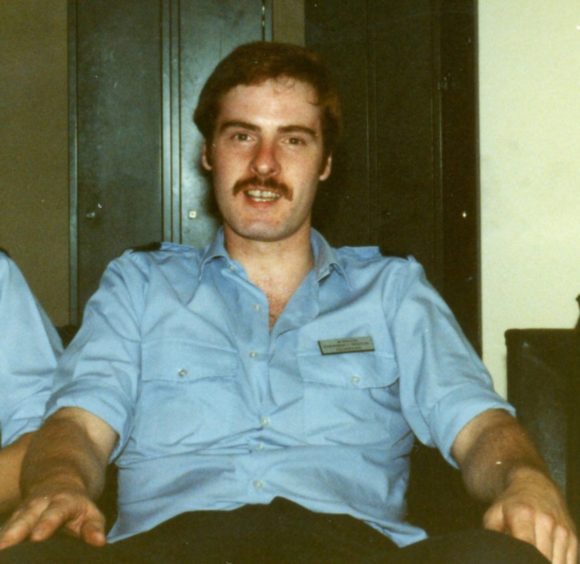
Ten years after retiring, Scotland’s first paramedic has told why he returned to the NHS frontline to save lives in the pandemic.
The paramedic service will this month celebrate its 50th anniversary, and Bill Mason became Scotland’s first after he qualified with nine others.
Now, 10 years after retiring, Bill, 64, from Kirkcaldy, has returned to the front line as a supervisor with a Scottish Ambulance Service mobile Covid testing unit.
He volunteered to help when the NHS began to be stretched by Covid and was signed up. He added: “The teams are made up from a diverse group of people, all determined to help communities in Scotland during these difficult times. I think the role is as important as any I have ever had, and I really appreciate the work and professionalism of my current colleagues.
“I have made a commitment to stay until things improve and get back to some kind of normality.”
He looks back at his career as a paramedic and remembers how, while ambulance crews could offer some advanced first aid, their main role was once simply to transfer patients to the nearest hospital as quickly as possible.
He said: “Experience during the Vietnam War had shown that more lives could be saved, especially from trauma, if certain clinical skills could be brought to patients immediately the incident happened.”
In 1971, a trial scheme was set up in Brighton, but while popular with the public, the Department of Health decided it had no medical value and, after five years, closed it down. In 1979 a new limited training programme began, with reduced skills, but it was not until the mid-80s that the National Health Service Training Authority developed the first full paramedic course. In 1986, Bill became one of Scotland’s first 10 paramedics to qualify.
Lifesaving skills included the arduous resuscitation of cardiac arrest patients before semi-automatic defibrillators were available.
Bill said: “It was both exciting and nerve-racking – not only for improving the patients’ care, but also representing the hopes and aspirations of colleagues who wished to become future paramedics.
“It was very rewarding to us to see patients improve more rapidly than before and to know that you have made a major contribution to their lives.
“One of the scarier moments was using a manual defibrillator, but it also brought great joy when a person was successfully resuscitated and you might meet them later.”

Enjoy the convenience of having The Sunday Post delivered as a digital ePaper straight to your smartphone, tablet or computer.
Subscribe for only £5.49 a month and enjoy all the benefits of the printed paper as a digital replica.
Subscribe © Andrew Cawley
© Andrew Cawley